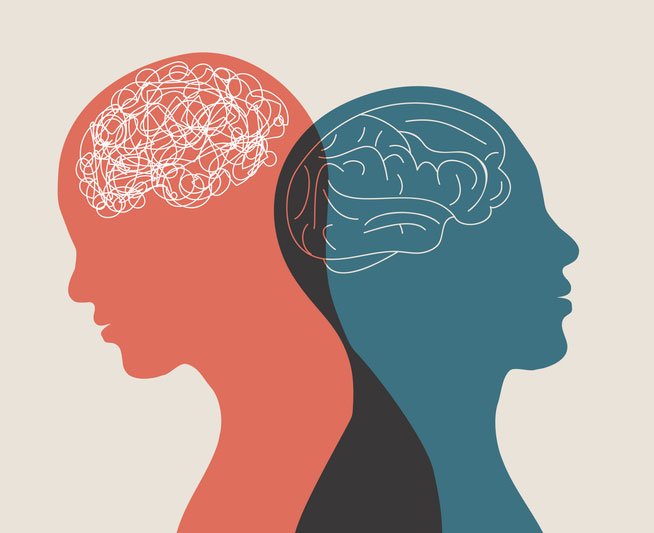What is Therapy and How Does It Work?
What is Therapy and How Does It Work?
Let’s go back to basics shall we? Many times I get clients that have never been to therapy before and want to know “what exactly is therapy and how does it work”.
First, what is therapy?
Therapy, also known as psychotherapy or counseling, is a process that involves talking to a trained mental health professional about one's thoughts, feelings, and behaviors in a safe and confidential environment. The goal of therapy is to help individuals improve their mental health and well-being by exploring their experiences, gaining insight into their current challenges, developing coping skills to manage them, and creating steps to reach their specific goals.
Therapy typically involves a series of confidential sessions between the therapist and the client(s), where the therapist listens to the client(s) talk about their concerns, feelings, and experiences. The therapist may also provide guidance, feedback, and support, as well as teach the client(s) new skills and techniques for managing their emotions, behaviors, and/or situations.
Therapy can take many different forms, including cognitive-behavioral therapy, psychodynamic therapy, family therapy, and others. The type of therapy that's most appropriate for a person depends on their individual needs and goals. Some people may benefit from short-term therapy to address a specific issue, while others may need longer-term therapy to address more complex or chronic mental health conditions.
Additionally, I think it is important to know what type of therapist you would like to support you. I tend to tell individuals that even thought all therapist have to meet the state’s requirements, they can range from holding a very directive approach (“let me tell you exactly what to do”) to a very non directive approach (“I just want to provide a safe space for clients for them to vent”) with everything in between.
Second, how does therapy work?
The process typically involves several steps:
Assessment (or intake): The therapist will conduct an initial evaluation to understand the client's concerns, background, and goals for therapy. This information will be used to develop a treatment plan that is tailored to the individual's specific needs.
Building a therapeutic relationship: A strong therapeutic relationship is the foundation of effective therapy. The therapist will work to establish trust, empathy, and a safe and supportive environment for the client.
Exploration and insight: Through discussions with the therapist, clients gain insight into the root causes of their problems, identify patterns of behavior that may be contributing to their difficulties, and explore new ways of thinking and behaving.
Learning new skills: Therapy often involves teaching or exploring with clients new coping strategies and skills to manage issues more effectively. These may include relaxation techniques, communication skills, problem-solving strategies, and more.
Practice and reinforcement: Clients are encouraged to practice new skills outside of therapy sessions, and the therapist may provide feedback and support as they work to implement these strategies in their daily lives.
Overall, therapy is a collaborative process between the therapist and the client and is incredibly valuable for promoting personal growth and self awareness, improving relationships, and enhancing their overall quality of life.

